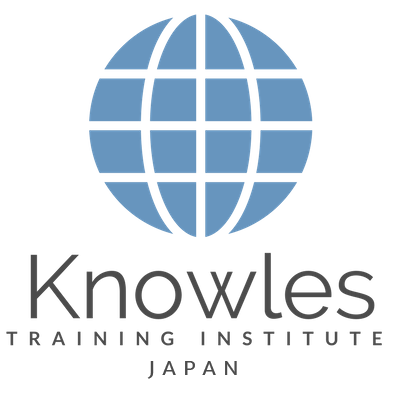Active Listening Lunch Talk in Japan
In the bustling landscape of Japanese business culture, the art of active listening stands as a foundational skill for effective communication, collaboration, and relationship-building. Join us for an enlightening lunch talk as we explore the transformative power of active listening and its profound impact on professional success in Japan. In this interactive session, we’ll delve into the intricacies of active listening techniques, cultural nuances, and practical strategies tailored specifically for navigating the dynamic Japanese business environment.
Amidst the complexities of Japanese workplace dynamics, the ability to listen actively – with empathy, attention, and understanding – takes on heightened significance. Through engaging discussions and experiential exercises, we’ll uncover how active listening fosters trust, enhances teamwork, and drives organisational performance. Join us as we delve into the nuances of communication in Japan, empowering attendees to harness the power of active listening to build meaningful connections, foster collaboration, and achieve greater success in their professional endeavours.
Talk Objectives:
- Understanding Active Listening: The primary objective is to ensure attendees grasp the concept of active listening, distinguishing it from passive listening and understanding its importance in effective communication within the Japanese business context. This includes explaining the core principles of active listening, such as giving full attention, demonstrating empathy, and providing feedback.
- Cultural Sensitivity: To explore the cultural nuances surrounding communication and listening in Japan, ensuring attendees are aware of how cultural values such as respect, harmony, and indirect communication influence listening behaviours. This objective involves discussing how to adapt active listening techniques to align with Japanese cultural norms and preferences.
- Developing Listening Skills: To equip attendees with practical listening skills and techniques that they can apply in their professional interactions. This includes exercises and role-plays to improve skills such as paraphrasing, summarising, and asking clarifying questions to demonstrate understanding.
- Enhancing Empathy: To emphasise the importance of empathy in active listening and provide strategies for attendees to cultivate empathy in their communication with colleagues, clients, and stakeholders. This objective involves discussing the role of empathy in building trust, fostering collaboration, and resolving conflicts in the Japanese workplace.
- Building Trust: To highlight the connection between active listening and trust-building in Japanese business culture, emphasising how attentive listening signals respect and fosters stronger interpersonal relationships. This objective includes discussing how trust is essential for effective teamwork, leadership, and decision-making in Japanese organisations.
- Improving Communication Effectiveness: To demonstrate how active listening can improve communication effectiveness by reducing misunderstandings, enhancing clarity, and facilitating more meaningful exchanges. This objective involves exploring common communication challenges in Japanese workplaces and how active listening can address them.
- Navigating Cross-Cultural Communication: To provide attendees with strategies for navigating cross-cultural communication challenges in Japan, particularly when interacting with colleagues from diverse backgrounds. This includes tips for adapting communication styles, overcoming language barriers, and building rapport across cultural divides.
- Resolving Conflicts: To discuss how active listening can be used as a tool for resolving conflicts and addressing disagreements in the Japanese workplace. This objective involves exploring techniques for de-escalating conflicts, finding common ground, and fostering win-win solutions through empathetic listening.
- Promoting Inclusive Communication: To encourage attendees to use active listening as a means of promoting inclusive communication practices that respect diverse perspectives and voices. This objective involves discussing the importance of inclusivity in fostering innovation, creativity, and engagement in Japanese organisations.
- Creating a Listening Culture: Finally, to inspire attendees to champion a listening culture within their organisations, where active listening is valued, encouraged, and practiced at all levels. This objective involves discussing strategies for promoting a culture of openness, feedback, and continuous improvement through active listening initiatives.
As we conclude our exploration of the vital role of active listening in the Japanese business landscape, I invite you to take the next step towards honing this essential skillset. Join us for our upcoming lunch talk, where we’ll delve deeper into the nuances of active listening and equip you with practical strategies for success in your professional interactions. Don’t miss out on this opportunity to enhance your communication skills and unlock new opportunities for collaboration and advancement in your career.
Reserve your spot now to secure your place at this invaluable event and gain insights that will elevate your effectiveness in the Japanese workplace. Seize the chance to network with like-minded professionals, exchange perspectives, and embark on a journey towards becoming a more empathetic and impactful communicator. We look forward to welcoming you to an enriching and transformative experience that will empower you to thrive in the dynamic world of Japanese business culture.
More Information:
Duration: 60 minutes
Fees: $1299.97 USD 679.97
For more information please contact us at: contact@knowlesti.co.jp
If you would like to register for this talk, fill out the registration form below.
The Best Corporate Lunchtime Talks, lunch and learn, Lunch Talks in Japan

